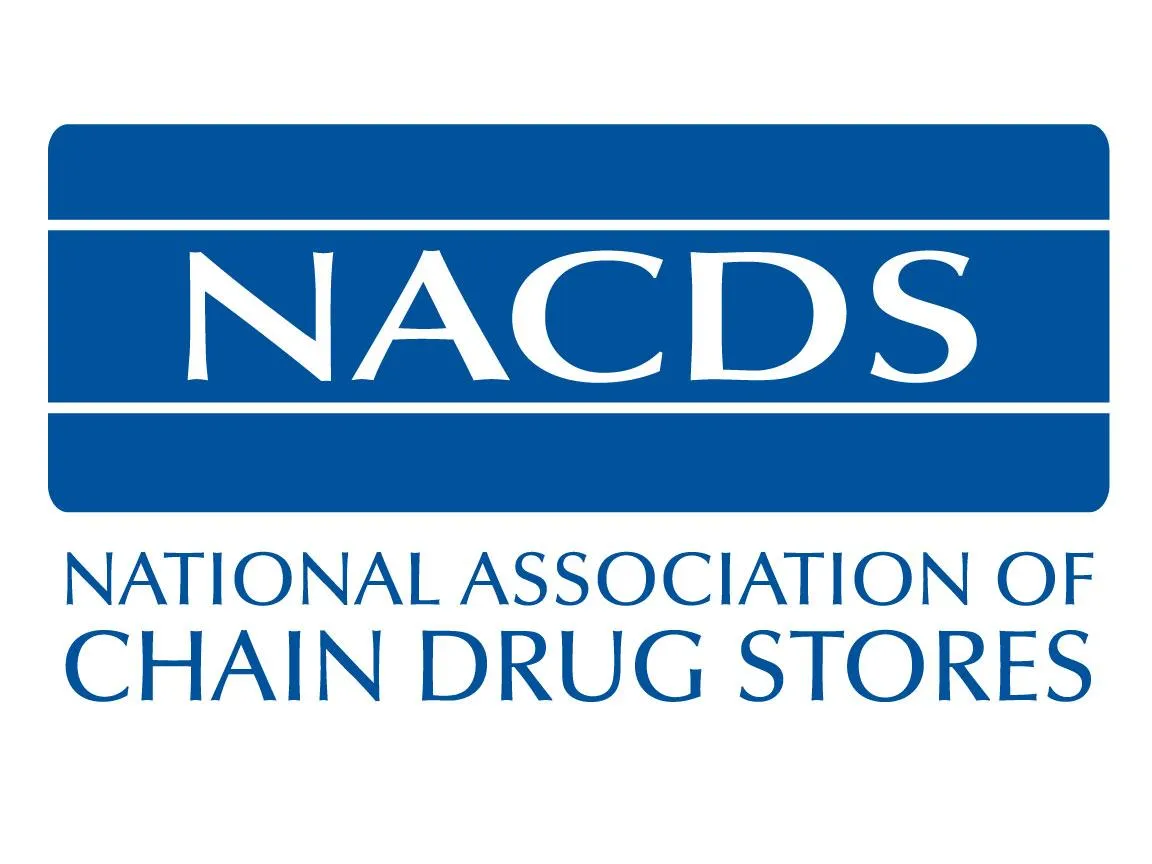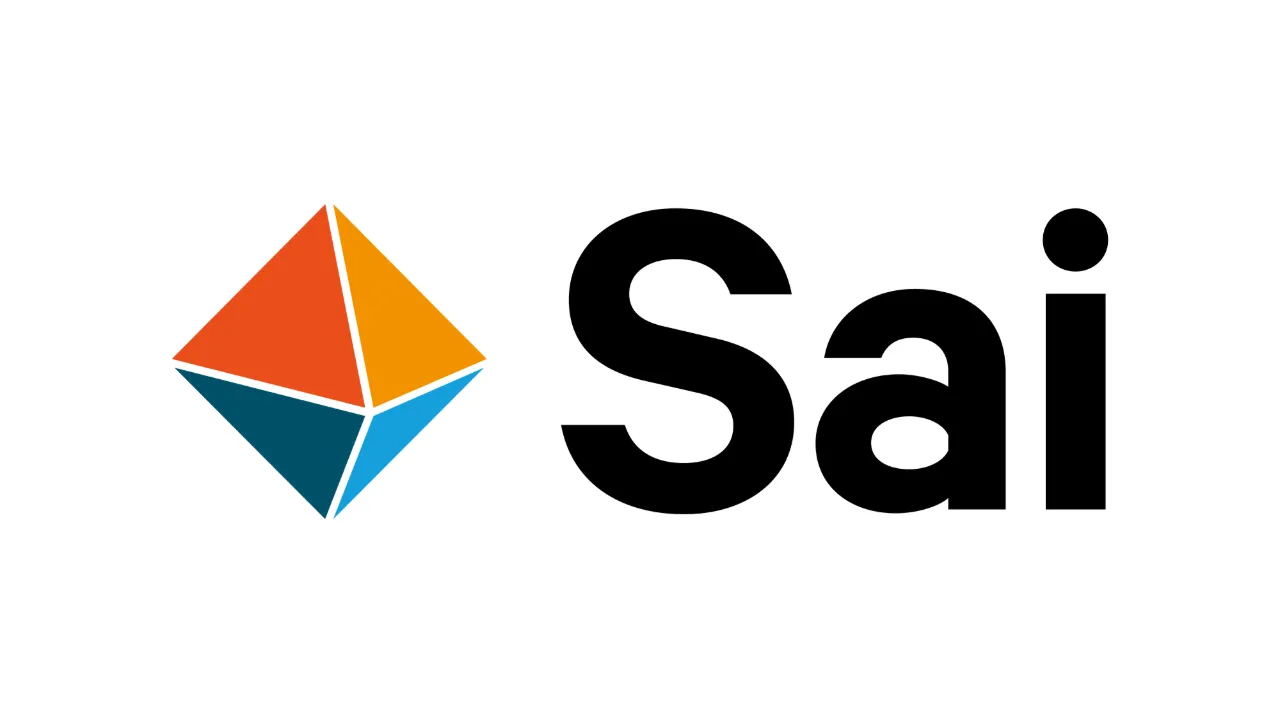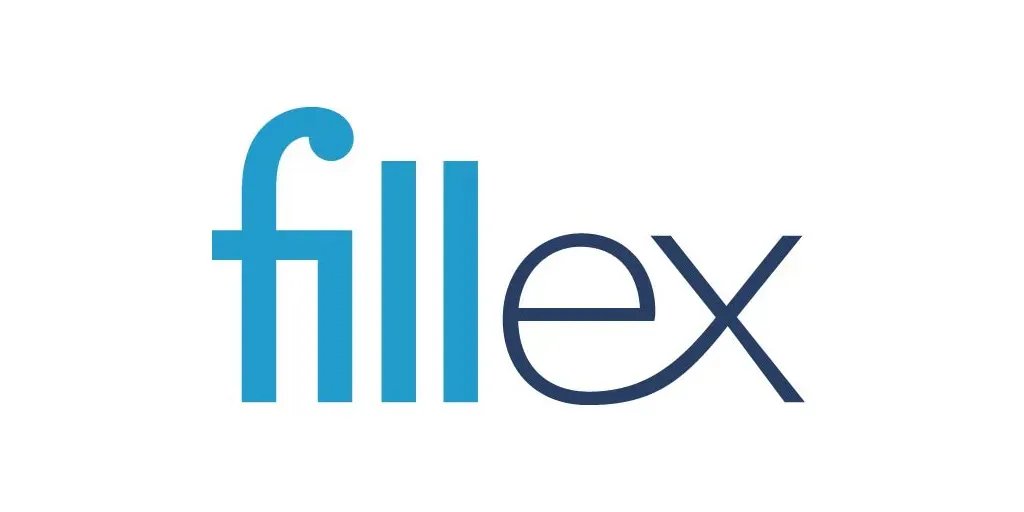ARLINGTON, Va. – The National Association of Chain Drug Stores (NACDS) this week put forth its priority public policy issues as ideal solutions for a U.S. Senate Committee’s interest in health care workforce shortages.

Steven Anderson
“As Congress works to construct legislation to augment the healthcare workforce and implement strategies to meet patient demand for needed care, we appreciate the opportunity to make recommendations for needed policy changes that better leverage pharmacy providers’ ability to help alleviate the workforce shortages and strains across the broader healthcare system,” NACDS President and CEO Steven Anderson said in a response to a request-for-information by the Senate Health, Education, Labor and Pensions Committee.
Specifically, NACDS urged:
- The Biden Administration should prevent a rollback of pharmacy teams’ abilities to meet patients’ needs under the PREP Act (the Public Readiness and Emergency Preparedness Act);
- Congress should enact the Equitable Community Access to Pharmacist Services Act, which would establish in Medicare Part B a reliable reimbursement mechanism for certain pharmacist services; and
- Congress should enact comprehensive pharmacy benefit manager (PBM) reform and direct and indirect remuneration (DIR) fee reform consistent with NACDS’ Principles of PBM Reform.
NACDS also announced an updated Public Opinion Dashboard that makes available national, state, and Congressional District polling – conducted by Morning Consult and commissioned by NACDS – which provides insights on American adults’ attitudes toward related topics.
In its response to the Committee, regarding the PREP Act, NACDS stated:
“Under the PREP Act, pharmacies across the country were allowed to optimize the roles and contributions of the full pharmacy team – including pharmacy technicians – to deliver a broad portfolio of vaccine services, testing, and treatment access … Extending the PREP Act flexibilities will help ensure that states are afforded the time to make needed changes to their different laws and regulations.”
Regarding the Equitable Community Access to Pharmacist Services Act, NACDS stated:
“NACDS continues to vigorously encourage legislative efforts to promote Medicare beneficiary access to pharmacist-provided clinical care. Unfortunately, pharmacies continue to face numerous payment barriers and gaps in working to serve Medicare patients because there is no reimbursement mechanism or pathway for pharmacies or pharmacists to bill for clinical care services for Medicare Part B patients. In other words, pharmacists providing clinical services – testing, vaccine administration, and antiviral assessments – have limited ability to be paid by Medicare for those services. This puts pharmacists in an untenable position because they are clinically trained to provide these services which are needed by their communities, but they struggle to sustain the provision of care in their communities. In fact, today this gap is continuing to have real-word consequences, as pharmacists were afforded prescribing authority for Paxlovid without a corresponding billing mechanism for patient assessments. The role of pharmacies and pharmacists was, therefore, effectively discouraged from being fully leveraged in resolving the Paxlovid equity gap.”
Regarding PBM reform and DIR fee reform, NACDS stated:
“The relentless manipulation of [PBMs] threatens the ability of the pharmacy workforce to continue filling critical capacity and access gaps across our healthcare system. PBMs continue to inhibit community pharmacies’ viability, threatening public access to pharmacies and jeopardizing the pharmacy workforce. As PBMs continue to undermine the ability of pharmacies to serve the nation, they are also driving up drug prices, limiting patient access to certain medications and forcing some pharmacies to close, especially in rural and underserved communities … Oftentimes, PBMs deflect policy changes by simply leveraging new, aberrant mechanisms to boost revenue at the expense of patients and community pharmacies, in particular. Comprehensive PBM reform that eliminates those divergent opportunities is critically needed and long overdue. Policymakers can take immediate action to help put a stop to the persistent drain on healthcare dollars that PBMs continue to rack up.”
NACDS’ Principles of PBM Reform include: stopping explosive retroactive fees; stopping below-cost reimbursement; stopping the gaming of performance measures; stopping “specialty definitions” from steering patients from their pharmacy; stopping mandatory mail-order; stopping limited networks; stopping overwhelming audits; and stopping the undercutting of “PBM” reform laws.









